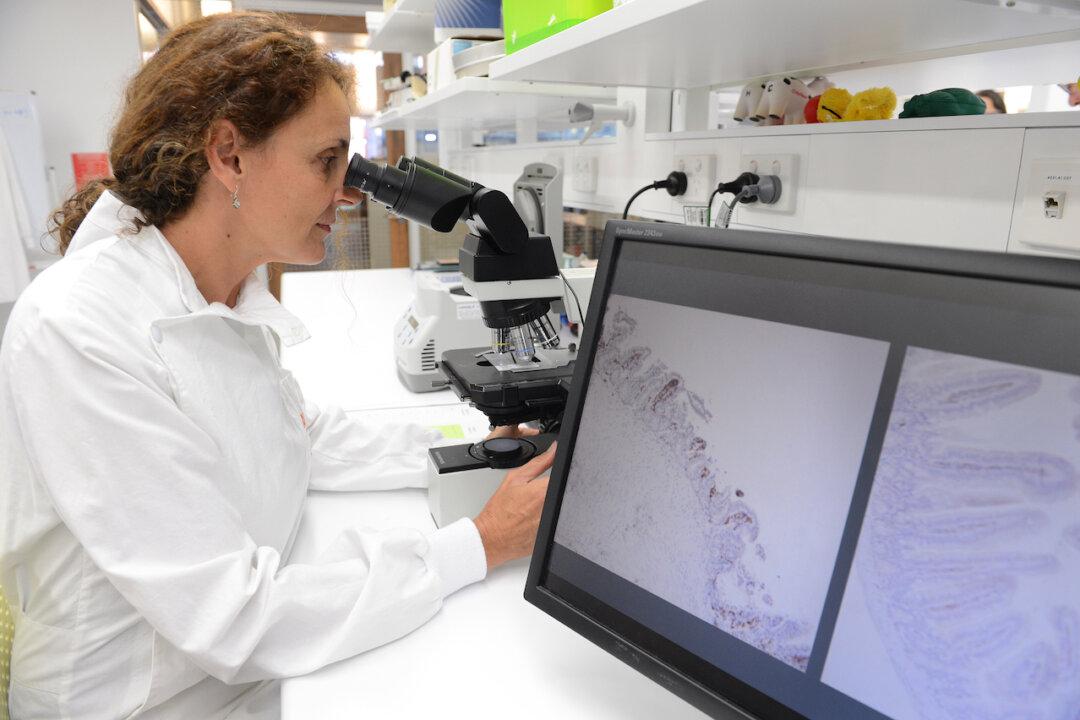Artificial intelligence is being used to help predict when a patient with colon cancer is likely to experience nasty side effects from chemotherapy.
The technology can identify patients at risk of overdosing on medication which can lead to problems like infections, nerve damage, gastrointestinal issues and other side effects.





